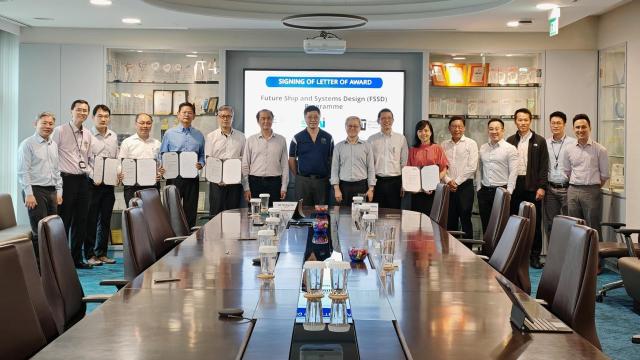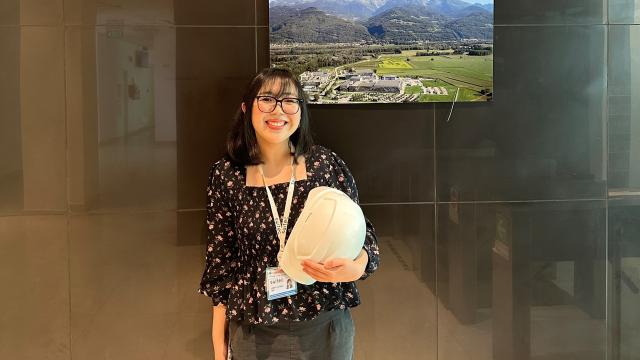
Professor Tan Thiam Soon
President, Singapore Institute of Technology
Technological disruptions are a key reason for our increasingly volatile, uncertain, complex and ambiguous (VUCA) world. We must take steps to address the issue of how we educate our young - in particular, our future engineers - to cope with this.
One truism of this VUCA world is that no amount of formal learning in the classroom can prepare our graduates to deal with the disruptions in the working world, both on-going now and many yet unforeseen! So it is important that we rethink the way we educate and prepare our graduates, in order for them to be able not only to get their first job, but to be able to adapt to the many new jobs that will come.
As Singapore’s university of applied learning catering to a growing cohort of students studying in our local autonomous universities, Singapore Institute of Technology has developed an applied learning pedagogy that will help our graduates meet this challenge.
This pedagogy emphasises the connection of academic knowledge with real world applications through the blending of classroom learning with on-the-job learning. This is achieved through the introduction of a structured Integrated Work Study Programme (IWSP), an 8- to 12-month work attachment, that provides a platform for our students to deep dive into the industry they have chosen. The curriculum is then delivered in a culture where emphasis is placed on SIT’s DNA of being a Thinking tinkerer, Able to learn, unlearn, and relearn so that they can be Catalysts for transformation wherever they go while staying Grounded in the community.
This deliberate effort to blur the lines between the classroom and industry encourages a constant exchange of ideas between students and their work supervisors, thereby keeping our faculty and students at the forefront of change. Getting used to constant change can only benefit our graduates, especially over the course of their working life, where they will switch careers more than once.
Opening up opportunities for reskilling and upskilling will be crucial in order to keep our workforce relevant and engaged. With the pace at which technology is advancing, one cannot afford to be out of the workforce for too long as the knowledge gap will widen exponentially over time; what we engineers know as ‘hysteresis’.
Ultimately, the task of ensuring that our industry remains vibrant and strong lies not just with our educational institutions. It will require a concerted effort from all parties including industry, agencies and the students themselves to innovate to ensure Singapore’s continued progress.
This article was adapted from The Singapore Engineers June 2018 publication with the permission of The Institution of Engineers, Singapore.
![[FA] SIT One SITizen Alumni Initiative_Web banner_1244px x 688px.jpg](/sites/default/files/2024-12/%5BFA%5D%20%20SIT%20One%20SITizen%20Alumni%20Initiative_Web%20banner_1244px%20x%20688px.jpg)


